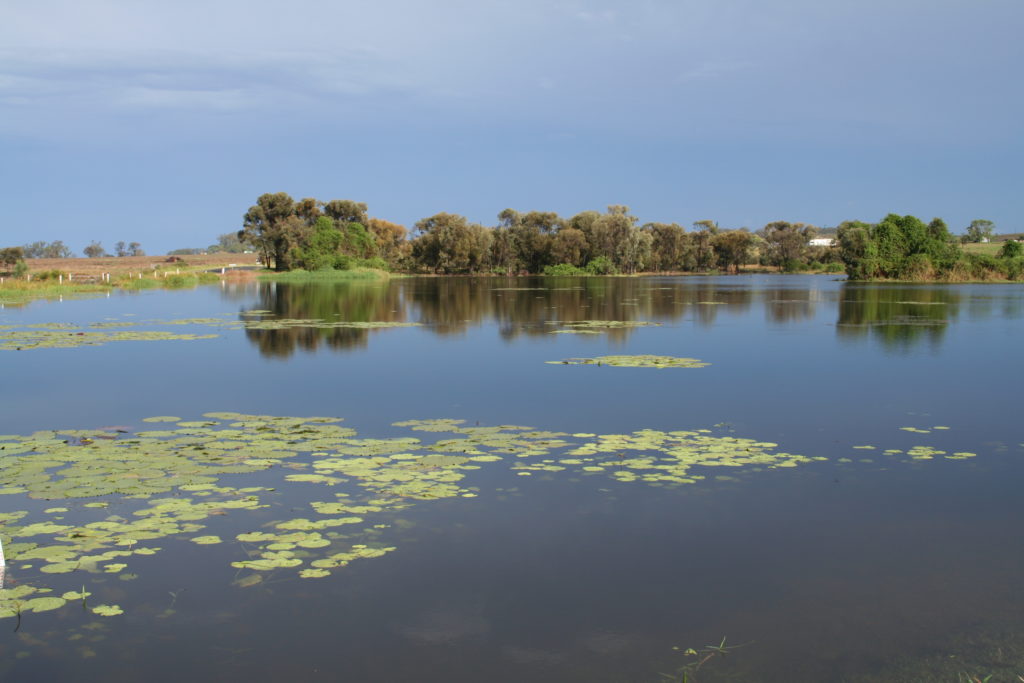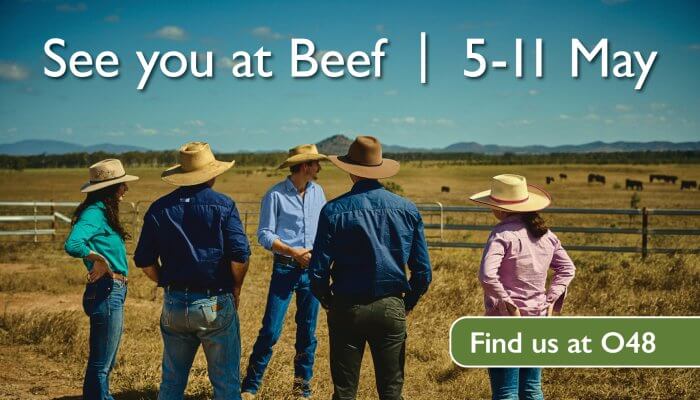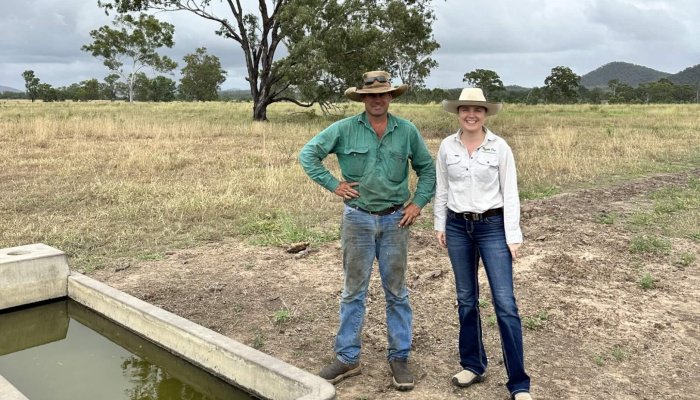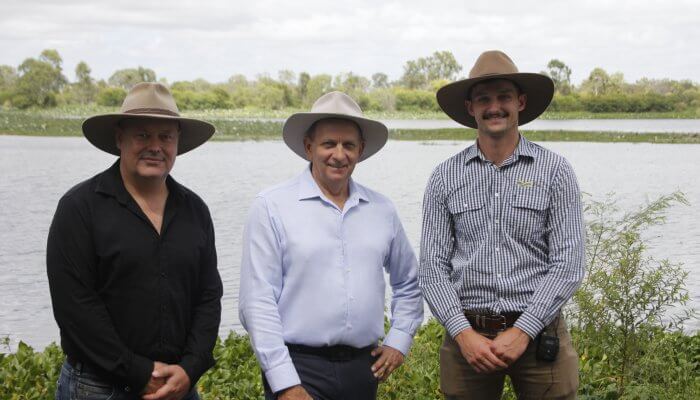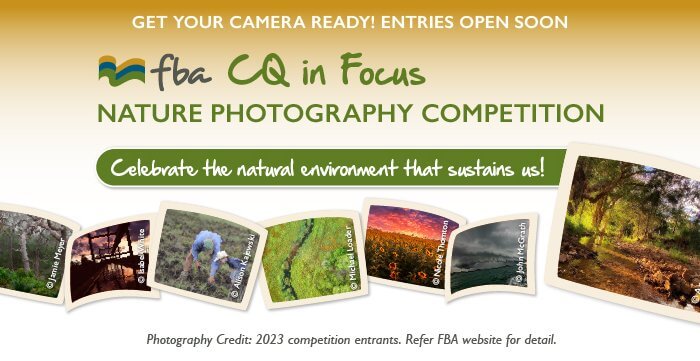Wetlands Assessments commence in the Fitzroy Basin
Posted on June 7th, 2017
WETLANDS across the Fitzroy Basin are being assessed as part of a monitoring program that will be used to help improve wetland ecological health and the resilience of the Great Barrier Reef ecosystem.
Wetlands are highly productive ecosystems with functions that are important for people and the environment. They are crucial for maintaining biodiversity, acting as a buffer to extreme weather events, recharging ground water and as a habitat for fish. Wetlands also play a vital role in improving water quality and maintaining the ecological health of the Reef.
Fitzroy Basin Association Inc. (FBA) chief executive officer Paul Birch said scientists from the Queensland Department of Science, Information Technology and Innovation (DSITI) were presently conducting wetlands assessments, which would be used to gain a broad understanding of current conditions across the Great Barrier Reef (GBR) catchment as part of the Paddock to Reef program.
“Wetlands play an important role in maintaining a healthy Reef as they provide ecosystem services that prevent sediment and nutrients from entering the Reef,” Mr Birch said.
“Gaining a better understanding of wetland conditions will help scientists, land managers and decision makers improve our future actions and ensure those actions have the most beneficial impact on wetland and Reef health.”
Wetlands in the program were chosen randomly via a computer program to ensure a broad cross-section of wetlands from across the GBR catchment are represented and ensuring results are statistically valid.
As many of the wetlands are located on private properties, FBA and its delivery partners CHRRUP, Capricornia Catchments and Dawson Catchment Coordinating Association Inc. (DCCA) are working with landholders to facilitate access for scientific purposes.
DSITI senior scientist Geoffrey Borschmann said the purpose of the assessments was to gain an understanding of wetland conditions across the GBR catchment and track any changes over time.
“We understand landholders have a strong sense of environmental responsibility for the properties they manage and we appreciate their help to access some pretty isolated places,” Mr Borschmann said.
“Having a baseline assessment of wetland conditions will help us assess pressures on wetlands and changes in their condition to inform ongoing management,” Mr Borschmann said.
For more information about the program, contact FBA on (07) 4999 2800 or visit the Reef Plan websitehttp://www.reefplan.qld.gov.au/measuring-success/paddock-to-reef/wetlands/





